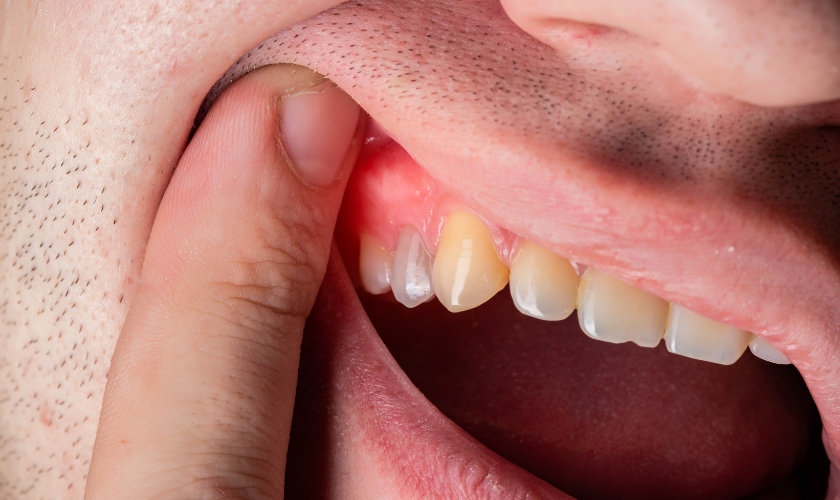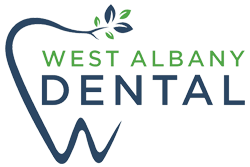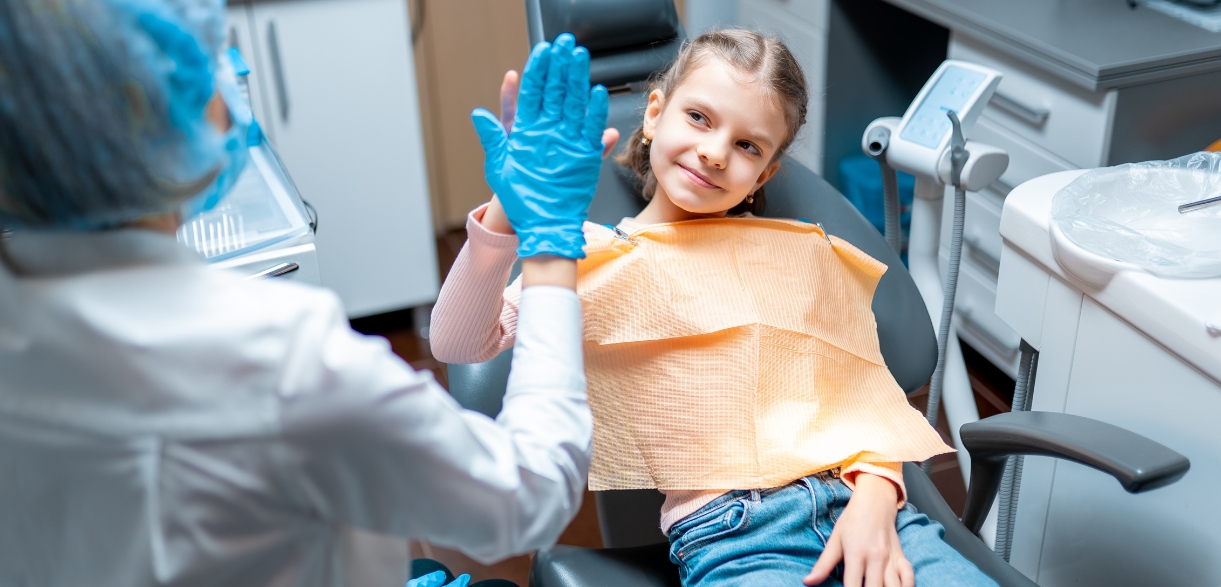
By West Albany Dental
An excruciating pus-filled infection is called an abscess often caused by bacteria. It can occur in different parts of the body, including the mouth. An abscess that is not treated can result in serious complications. Prompt treatment is essential for quick healing and relief from pain.
This blog post will focus on the quickest ways to heal an abscess, focusing on effective home remedies and professional treatments. If you suspect an abscess, it is crucial to take prompt action and consult an emergency dentist for the best outcome.
Recognizing the Symptoms of an Abscess
Before diving into treatments, it’s important to recognize the symptoms of an abscess. Common signs include:
- Severe pain and swelling
- Redness and warmth in the affected area
- Pus discharge
- Fever
- Swollen lymph nodes
Home Remedies for Abscess Relief
While professional treatment is often necessary, certain Home remedies can aid in healing and offer momentary respite.
Saltwater Rinse
A saltwater rinse can help reduce bacteria and encourage recovery. Rinse your mouth several times a day with a solution made from a teaspoon of salt and a cup of warm water. This can help reduce swelling and pain.
Cold Compress
It may be possible to lessen swelling and numb the discomfort in the afflicted area by using a cold compress. Use an ice pack wrapped in a cloth and apply it to the area for 15-20 minutes. Repeat as needed.
Over-the-Counter Pain Relievers
Acetaminophen or ibuprofen are two examples of painkillers that can help control pain and minimize inflammation. For safe usage, adhere to the dose recommendations on the packaging.
Turmeric Paste
Turmeric has natural anti-inflammatory and antibacterial attributes. Create a paste by combining turmeric powder and water, then apply it to the abscess. Leave it on for 10-15 minutes, then rinse with warm water. This can help reduce pain and infection.
Professional Treatments for Abscess
Although home treatments can provide momentary relief, professional treatment is necessary to fully heal an abscess. An emergency dentist in Albany can provide effective treatment options.
Antibiotics
Antibiotics may be prescribed by a dentist to combat the bacterial infection that is the cause of the abscess. Even if symptoms subside before the antibiotic course is up, it’s still crucial to finish the entire dose.
Drainage
In some cases, the dentist may need to drain the abscess to remove the pus. This technique speeds up the healing process of the illness and offers instant pain relief. A little incision will be made by the dentist to remove the pus and thoroughly clean the area.
Root Canal Treatment
If an infected tooth is causing the abscess, a root canal may be required. To stop the infection from spreading, the dentist must remove the diseased pulp in the tooth and seal it. A root canal can save the tooth and eliminate the abscess.
Tooth Extraction
The dentist could advise extracting the affected tooth in extreme circumstances. This is usually a last resort when the tooth cannot be saved. After extraction, the dentist will clean the area to ensure all infection is removed.
Follow-Up Care
After professional treatment, follow-up care is crucial for complete healing. Follow your dentist’s instructions carefully and attend all recommended follow-up appointments. Proper aftercare ensures the abscess heals fully and prevents recurrence.
Preventing Future Abscesses
Preventing abscesses is easier than treating them. Here are some tips to avoid future abscesses:
Maintain Good Oral Hygiene
Good oral hygiene is the first line of defense against abscesses. Brush your teeth twice a day and floss daily to remove plaque and food particles. Regular dental check-ups are also essential.
Avoid Sugary Foods
Sugar-filled meals raise the risk of abscesses by causing tooth decay. Restrict the amount of sugary drinks and snacks you consume. Choose from wholesome substitutes such as fruits and vegetables.
Treat Dental Issues Promptly
Addressing dental issues promptly can prevent abscesses. If you notice a cavity, gum infection, or any other dental problem, seek treatment immediately. Early intervention can prevent complications.
Use a Mouthguard
If you grind your teeth at night, using a mouthguard can protect your teeth from damage. Tooth grinding can lead to cracks and other issues that may result in an abscess.
Healing an abscess quickly requires prompt action and proper treatment. While home remedies can offer temporary relief, professional care is essential for complete healing. An emergency dentist in Albany can Give the required care to get rid of the infection and avoid consequences. By brushing your teeth properly, abstaining from sugary foods, and addressing dental issues promptly, you can prevent future abscesses and keep your mouth healthy. If you suspect an abscess, don’t wait—seek help immediately for the fastest and most effective healing.
Frequently Asked Questions
Signs of an abscess include swelling, redness, pain, and warmth in the affected area. You may also notice a pus-filled bump or discover an odd taste in your mouth if it’s a dental abscess. Systemic symptoms like fever and fatigue can also occur. If you suspect an abscess, a medical professional can confirm the diagnosis.
Home treatments can offer temporary relief but are not a substitute for professional medical care. Using a warm compress can assist in minimizing discomfort and promote drainage, while over-the-counter pain relievers can manage discomfort. However, it’s crucial to seek professional treatment to fully address the infection and prevent complications.
The healing time for an abscess depends on its size, location, and the treatment received. With proper care, most abscesses can heal within a few weeks. If an abscess is drained or treated with antibiotics, healing may occur more quickly. Follow-up care and adherence to treatment recommendations can also impact recovery time.
You should see a doctor if you experience severe pain or fever, or if the abscess does not improve with home treatment. Seek immediate medical attention if the abscess shows signs of spreading, such as increased redness or swelling, or if you develop new symptoms like difficulty breathing or swallowing.
Yes, leaving an abscess untreated can lead to serious complications. The infection can spread to neighboring tissues or even enter the bloodstream, causing systemic infections like sepsis. In dental abscesses, untreated infections can lead to tooth loss, bone damage, or chronic pain.








